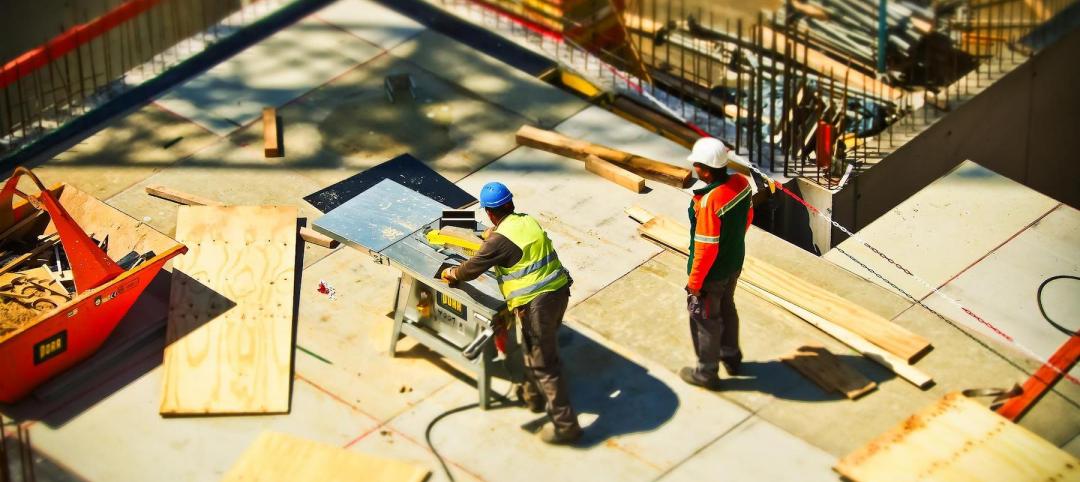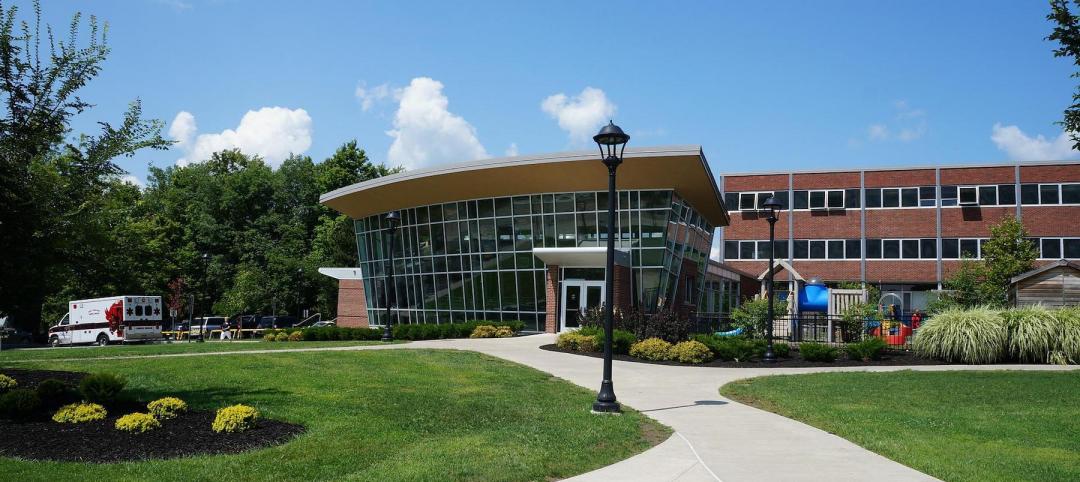A new study by Canada Green Building Council (CaGBC) shows that the building industry has more work ahead of it to ensure professionals have access to the skills and knowledge required to deliver zero-carbon buildings at scale.
“Transitioning to zero carbon buildings offers significant emissions reductions, but it also requires a shift in thinking and practice across the building sector,” said Thomas Mueller, president and CEO of CaGBC, in a news release. “Skilled job training is a critical element in shifting the industry toward a knowledgeable and prepared application of zero carbon building practices which will make a positive impact on Canada’s climate goals.”
Canada aims to reduce greenhouse gas emissions by 30% below 2005 levels, and intends to achieve net-zero emissions by 2050. The building sector will play a crucial role in meeting these targets.
To address the need for zero-carbon workforce upskilling, CaGBC encourages education and training providers, as well as accreditation and professional bodies to:
· Ensure education and training curricula to address zero-carbon building competencies
· Support upskilling by establishing common terminology for courses and by investing in self-assessment tools
· Drive enhanced professional credentialing requirements
· Invest in, develop, and support multiple delivery methods and formats
Related Stories
Codes and Standards | May 16, 2022
AIA releases Justice in the Built Environment guide
The American Institute of Architects (AIA) recently published a new supplementary edition of the Guides for Equitable Practice, titled “Justice in the Built Environment.”
Codes and Standards | May 12, 2022
Solar industry creates non-profit to remove barriers to clean energy deployment
The Solar Energy Industries Association (SEIA) is launching a 501(c)3 non-profit organization to accelerate the transition to carbon-free electricity.
Green Specifications | May 12, 2022
MG2’s Sustainable Materials Evaluation System
Learn how MG2’s Sustainable Materials Evaluation System helps clients, prospects, and staff choose the most environmentally feasible materials for their building projects. Candon Murphy, LEED GA, Assoc. IIDA, Design Lab Manager and Materials & Sustainability Specialist with MG2, speaks with BD+C Executive Editor Rob Cassidy.
Esports Arenas | May 11, 2022
Design firm Populous partners with esports company on digital art NFT collection
Design firm Populous and multidiscipline esports organization Kansas City Pioneers have partnered on a five-part NFT collection.
Market Data | May 10, 2022
Hybrid work could result in 20% less demand for office space
Global office demand could drop by between 10% and 20% as companies continue to develop policies around hybrid work arrangements, a Barclays analyst recently stated on CNBC.
Standards | May 9, 2022
New GSA standards set carbon limits on building materials for all major projects
New General Services Administration standards place limitations on high carbon-emitting building materials for all major projects under the GSA umbrella.
Higher Education | May 5, 2022
To keep pace with demand, higher ed will have to add 45,000 beds by year-end
The higher education residential sector will have to add 45,000 beds by the end of 2022 to keep pace with demand, according to a report by Humphreys & Partners Architects.
Legislation | May 4, 2022
Washington is first state to mandate all-electric heat for new large buildings
Washington recently became the first state to require all electric heat for new buildings.
Sponsored | Healthcare Facilities | May 3, 2022
Planning for hospital campus access that works for people
This course defines the elements of hospital campus access that are essential to promoting the efficient, stress-free movement of patients, staff, family, and visitors. Campus access elements include signage and wayfinding, parking facilities, transportation demand management, shuttle buses, curb access, valet parking management, roadways, and pedestrian walkways.
Codes and Standards | May 3, 2022
American Institute of Steel Construction updates environmental product declarations
The American Institute of Steel Construction has released updated environmental product declarations (EPDs) “to help designers and building owners design more environmentally friendly buildings and bridges,” according to an AISC news release.

















